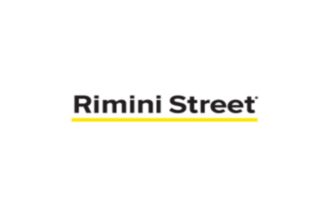In addition, the shift in purchasing habits and attitudes of consumers will continue to impact and accelerate the growth of e-commerce.
“The pandemic has shown all of us a new way of working. This has accelerated e-commerce and is driving business transformation to keep up with customer demand. As logistics providers, we need to continue innovating and bringing advanced solutions to help SMEs and e-retailers deliver seamless online customer experiences to the offline world. With this dependency on e-commerce, we are confident to lead through technology and boost our capabilities at the intersection of the digital and physical world to position FedEx as a positive market disruptor,” said SC Chong, Managing Director, FedEx Express Malaysia.
He added that, in order for businesses to grow, they need to keep adapting and anticipating all their customers’ needs. The pandemic has changed the way businesses operate as they must always stay ahead and provide solutions to the challenges they face. They must continue to innovate and create as people have changed, and they must always be part of that positive change.
As an essential service provider, FedEx has been serving the nation throughout the lockdowns and never stopped operating. As more consumers are purchasing online during the lockdowns, FedEx has dealt with increased volumes in deliveries. FedEx has also swiftly moved to contactless delivery to its customers, waiving the signature requirement that most shipping companies need. This is to minimize physical interaction and to ensure the safety of our couriers and customers. A suite of digital solutions including FedEx Delivery Manager, FedEx Billing Online, mobile payment and FedEx virtual assistant is also available, making it easy and seamless for customers to ship to their customers in the fastest, safest ways possible amid the pandemic.
In 2020, Malaysia’s e-commerce market reported a 24.7% growth, according to GlobalData’s E-Commerce Analytics and companies using e-commerce for export grew exponentially from 1,800 to 27,000 in the same period. Supporting this premise, according to the Malaysia Digital Economy Corporation (MDEC), at the end of 2020, 489,000 Micro and Small Medium Enterprises (MSEMs) adopted e-Commerce while companies using e-commerce for export grew exponentially from 1,800 to 27,000 in the same period.
“Overall, the growing importance of e-commerce means that small- and medium-sized enterprises can now move beyond local or domestic demand to reach new regional and international customers, growing revenue without the investment costs related to opening brick-and-mortar storefronts. At FedEx, we are “all in” on digitization and innovation to help empower businesses to scale up cross-border commerce and deliver best-in-class digital experiences to customers,” said SC Chong.















